Because many, if not most, students start their college search online and continue to use the Internet as a primary resource throughout the process, many institutions of higher education are finding SEO to be a highly effective and cost-efficient way to maximize their marketing ROI.
However, SEO has to be done correctly to be effective. A marketing firm offering higher education SEO services will employ a number of techniques to improve online lead generation for your college or university. Here are a few of the most important higher education SEO tips to keep in mind.




